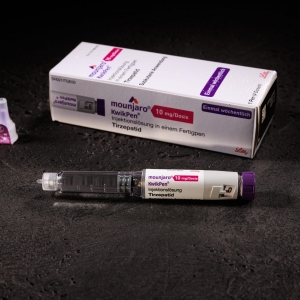High temperature elastomers (HTEs) are engineered polymers that retain their flexibility, mechanical integrity, and chemical resistance under extreme thermal conditions. Their unique properties make them indispensable across multiple industries, where components must perform reliably under high heat, chemical exposure, and mechanical stress. The aerospace sector, in particular, relies heavily on HTEs for components such as seals, gaskets, O-rings, and hoses that are exposed to high engine temperatures and variable environmental conditions. These elastomers ensure operational safety and longevity, reducing maintenance cycles and preventing costly downtime.
The automotive industry is another major consumer of high temperature elastomers. Engine gaskets, fuel hoses, turbocharger seals, and transmission components are commonly manufactured using fluoroelastomers, silicone elastomers, and perfluoroelastomers. These materials withstand oil, fuel, and coolant exposure while maintaining elasticity at elevated temperatures, essential for performance and compliance with emission regulations. In addition, electric vehicles (EVs) are driving demand for HTEs in battery packs and thermal management systems, where heat resistance and electrical insulation are critical.
Chemical processing industries utilize high temperature elastomers in pumps, valves, seals, and tubing, where exposure to aggressive chemicals, solvents, and extreme heat is routine. Fluoroelastomers are particularly valuable here due to their superior chemical resistance and durability. Similarly, energy and power generation sectors employ HTEs in turbines, heat exchangers, and sealing solutions for nuclear, thermal, and renewable energy facilities, ensuring operational efficiency under demanding conditions.
Electronics and electrical industries also benefit from high temperature elastomers. Silicone elastomers, known for their dielectric properties, are widely used in insulating components, protective coatings, and flexible circuits. These materials maintain performance at temperatures exceeding 200°C, critical for microelectronics, LED devices, and high-voltage applications.
The food and pharmaceutical industries increasingly incorporate HTEs in gaskets, tubing, and seals due to their ability to withstand sterilization processes and repeated thermal cycling without degradation. This ensures product safety and hygiene, along with compliance with stringent regulatory standards.
Overall, the versatility of high temperature elastomers market across aerospace, automotive, chemical processing, energy, electronics, food, and pharmaceutical sectors highlights their critical role in modern industrial applications. Their ability to combine thermal stability, chemical resistance, and mechanical strength makes them essential materials in demanding environments.






